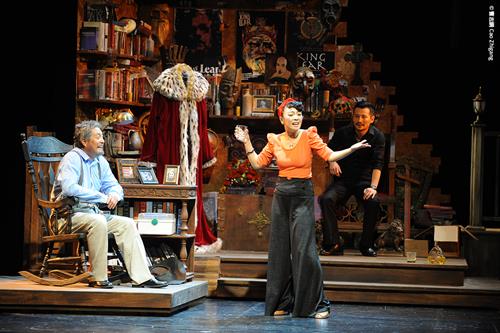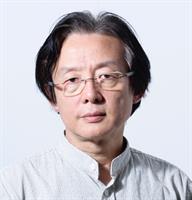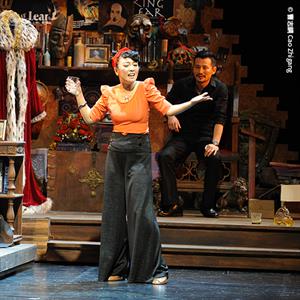
For people from various backgrounds with different experiences, theatre may mean a type of entertainment, or a show and an occasion for reflection. Yet for director Wang Xiaoying, it means not only a sense of responsibility, but also a choice, an ideal, and a pursuit, as well as the source of all the sadness and happiness experienced in life. Wang, once the most avant-garde experimental theatre director in China, was also a representative of mainstream Chinese theatre in the 1990s. From his own experience, he will share his insights into drama as he looks back on his legendary life as a director.
Language: Mandarin

Wang Xiaoying
Wang Xiaoying is a National First Level Director. He is the Executive Vice President and Artistic Director of National Theatre of China, and also the Vice Chairman of the China Theatre Association. Wang holds a doctoral degree in Directing, and is a PhD supervisor in The Central Academy of Drama. Regarded as a national level specialist in directing. Wang Xiaoying was awarded “Excellent Worker in Drama” and “Outstanding Director of the New Century”, among numerous national awards. Directed Drama include The prince of Lanling, Fu Sheng, Richard Ⅲ, Copenhagen, The Crucible, Red,Burnt by the sun, Jane Eyre, The Prime Minister of Qing Dynasty, 1977; he has also directed opera works include The Dawns Here Are Quiet, and Fishing Town; other directed works include The Red Dowry, Broken Bridge, Half Moon, The Orphan of Zhao. Wang also directed foreign troupes in presenting The Caucasian Chalk Circle (Australia), Zhuang Zhou’s Butterfly Dream (US), Il Trovatore (Denmark), Blindness and Everything in the Garden (Hong Kong and Macao) etc.

Meet-the-Artist: Wang Xiaoying

